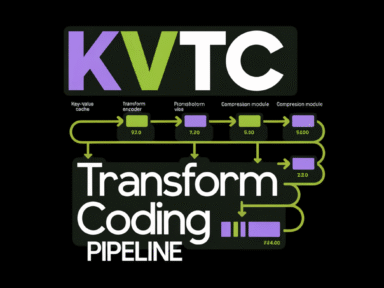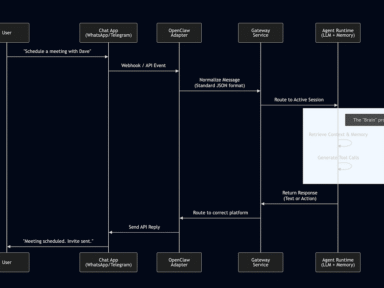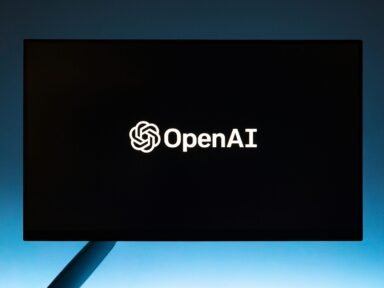AI Tools for Research
Accelerate your research with AI tools that gather and analyze data quickly. These tools streamline complex tasks, making your projects more efficient and insightful.
Top 5 AI Tools for Research Tools
Categorized by their platforms
Key Features of AI Tools for Research
AI tools for research revolutionize the way students, academics, and professionals go about researching and exploring. From AI research paper generators to AI research projects in education to even using AI to research online, there are AIs that ease the process of creation and sustainment of research. For example, an AI article generator generates nuanced articles while the AI generator for word documents creates a research paper. For AI corrective tools, AI that summarizes is AI that edits, and AIs that help organize findings are AI Notetakers. AIs that help present knowledge and data analysis have many AIs for artificial intelligence and their relevance in big data, computer vision, etc. Avoid duplication with an AI plagiarism checker or use an AI-generated PDF validator to ensure the intent of second-hand use. For students, there's an AI research paper creator to help them learn the process of getting to a final research product. There is an AI research engine for students to get information from various online resources; there's even an AI PDF creator. Wherever there is a need for the research process to the final research product, AIs exist to help along the way.
AI scans and summarizes vast databases of academic papers, identifying key findings and research gaps to streamline the literature review process.
Processes large datasets quickly, identifying patterns and correlations, and generates visual representations to aid in interpretation.
Analyzes and extracts meaningful information from unstructured text data, enabling researchers to process large volumes of textual information efficiently.
Analyzes and extracts meaningful information from unstructured text data, enabling researchers to process large volumes of textual information efficiently.
Automatically organizes and formats citations, ensuring accuracy and consistency in referencing across research documents.
Facilitates real-time collaboration among research teams, allowing for shared data analysis, document editing, and project management.
Develops and tests predictive models based on research data, helping researchers forecast outcomes and test theories.
Assists in identifying potential ethical issues in research design and ensures compliance with relevant research guidelines and regulations.
Use Cases of AI Tools for Research
AI tools for research revolutionize the way students, academics, and professionals go about researching and exploring. From AI research paper generators to AI research projects in education to even using AI to research online, there are AIs that ease the process of creation and sustainment of research. For example, an AI article generator generates nuanced articles while the AI generator for word documents creates a research paper. For AI corrective tools, AI that summarizes is AI that edits, and AIs that help organize findings are AI Notetakers. AIs that help present knowledge and data analysis have many AIs for artificial intelligence and their relevance in big data, computer vision, etc. Avoid duplication with an AI plagiarism checker or use an AI-generated PDF validator to ensure the intent of second-hand use. For students, there's an AI research paper creator to help them learn the process of getting to a final research product. There is an AI research engine for students to get information from various online resources; there's even an AI PDF creator. Wherever there is a need for the research process to the final research product, AIs exist to help along the way.
AI tools like Elicit and Semantic Scholar quickly scan and summarize vast databases of academic papers, identifying key findings and gaps in the literature.
Platforms like Scite provide smart citations that show how a paper has been cited, including supporting or contrasting evidence, enhancing the evaluation of scientific articles.
AI tools automate the collection and analysis of large datasets, uncovering patterns and correlations with high accuracy and speed.
AI assists researchers in generating and refining hypotheses by analyzing existing data and suggesting potential research directions.
Robotics and AI systems conduct experiments and gather data autonomously, streamlining the research process and reducing human error.
AI-powered tools create real-time visualizations of data, helping researchers quickly interpret complex datasets and identify trends.
AI tools scan research papers for potential plagiarism, ensuring the originality and integrity of academic work.
AI language models assist in drafting and editing research papers, providing grammar and style suggestions to improve clarity and coherence.
AI Tools Spotlight for AI Tools for Research
All AI Tools SpotlightExplore featured updates, powerful use cases, and key functionalities of the latest AI tools in AI Tools for Research.

















